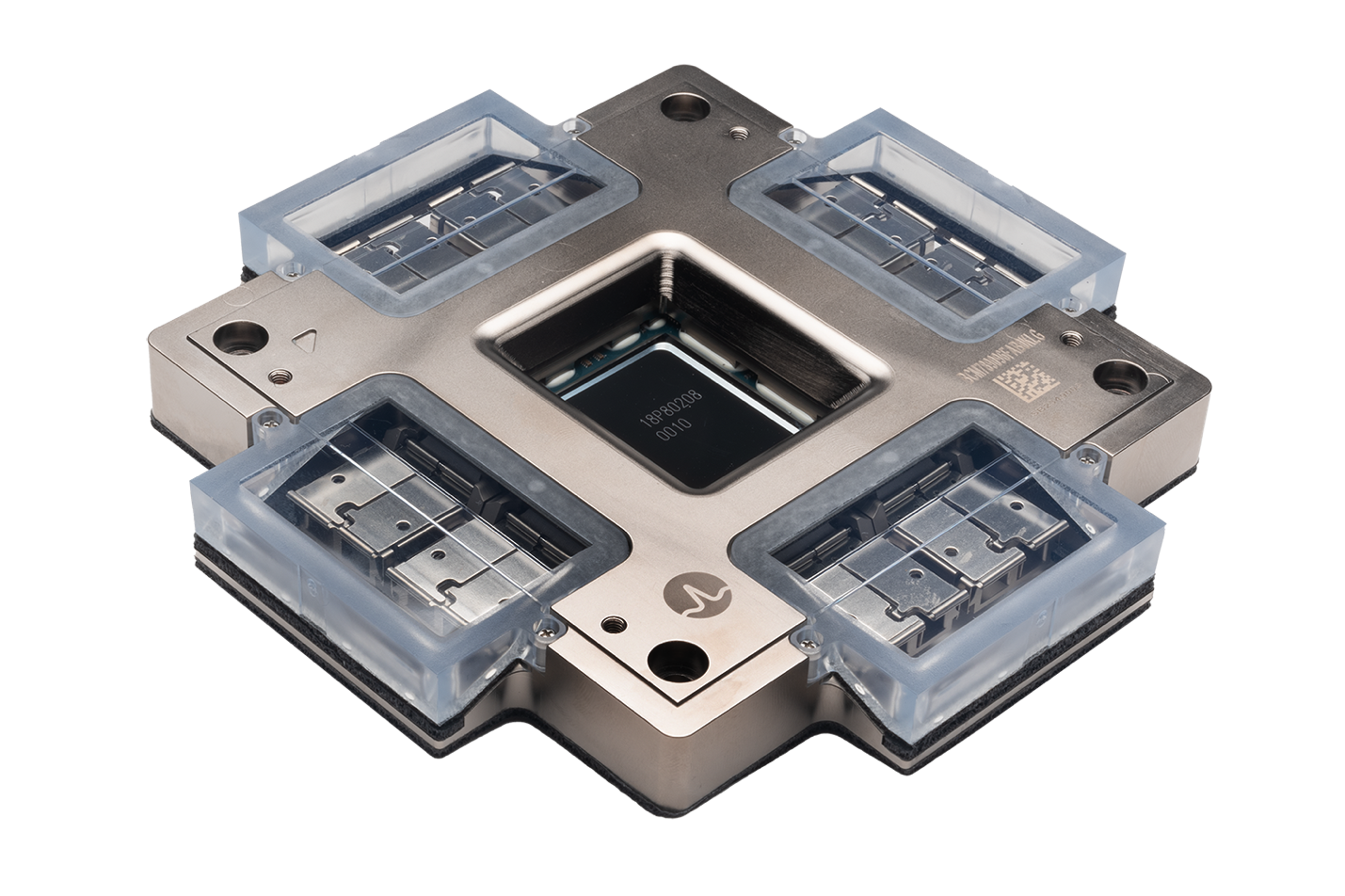In today's rapidly evolving digital landscape, businesses face a critical decision when it comes to managing their data and IT...
In today's rapidly evolving digital landscape, businesses face a critical decision when it comes to managing their data and IT infrastructure. The traditional approach of owning and operating an on-premises data center is being challenged by the rise of cloud computing. While the cloud offers undeniable benefits, companies should carefully evaluate the advantages of owning their data centers before jumping on the cloud bandwagon. In this blog post, we will explore the reasons why companies should consider having their own data center rather than migrating entirely to the cloud.
Enhanced Control and Security
One of the primary motivations for companies to maintain their data centers is the level of control and security they provide. Owning a data center allows businesses to establish customized security measures tailored to their specific requirements and compliance standards. This includes physical security, access controls, encryption, and data governance policies, providing a higher level of protection for sensitive information.
By managing their infrastructure, companies can also have full control over the implementation of security patches, updates, and backups, mitigating potential risks associated with reliance on third-party cloud providers. This level of control helps build trust with customers and stakeholders who value data security and privacy.
Performance and Latency Optimization
For organizations that require real-time data processing or have strict performance requirements, owning a data center can offer significant advantages. By maintaining their infrastructure, companies can optimize their hardware and network configurations to achieve low-latency connections and superior performance.
Some industries, such as finance, healthcare, or scientific research, heavily rely on processing vast amounts of data with minimal latency. Having a dedicated data center enables organizations to fine-tune their hardware, network architecture, and data routing, ensuring fast and reliable access to critical resources.
Cost Efficiency and Long-term Savings
While the initial investment in building and maintaining a data center may seem daunting, it can lead to long-term cost savings compared to migrating to the cloud. Owning a data center allows companies to have a fixed, predictable cost structure and avoid the ongoing expenses associated with cloud services, such as pay-per-use models or data transfer fees.
Additionally, companies with predictable workloads and stable infrastructure demands can benefit from economies of scale over time. By avoiding cloud service providers' recurring costs, businesses can allocate resources more effectively and achieve cost efficiency in the long run.
Compliance and Regulatory Considerations
Certain industries, such as finance, healthcare, and government, face strict compliance and regulatory requirements regarding data storage, access, and processing. These organizations often need to demonstrate control over their infrastructure and maintain data sovereignty. By owning their data centers, companies can have full visibility and accountability for compliance measures, meeting industry-specific regulations and avoiding potential legal or reputational risks.
Flexibility and Customization
Not all applications and workloads are suitable for the cloud environment. Some businesses rely on specialized software, legacy systems, or custom-built solutions that may not be easily migrated to the cloud. Owning a data center allows companies to retain flexibility and customization options, enabling them to tailor their infrastructure to specific business needs.
Furthermore, owning a data center empowers organizations to choose the most suitable hardware, software, and networking solutions that align with their unique requirements. This flexibility can lead to improved performance, reduced downtime, and increased operational efficiency.
While the cloud offers undeniable benefits, companies should carefully evaluate their unique needs and requirements before making the decision to migrate entirely. Owning a data center provides enhanced control, security, performance optimization, and cost efficiency in the long run. It also allows organizations to comply with industry-specific regulations and retain flexibility in managing their infrastructure. By weighing the advantages and disadvantages, companies can make an informed decision that aligns with their business goals and objectives. Whether it's a hybrid approach or a fully-owned data center, the key is to strike the right balance between innovation, control, and long-term cost-effectiveness.
Recent Posts
Introduction: A New Chapter in Optical Connectivit
Low-loss fiber connectivity is essential for...
Starting a data center hardware upgrade is a...
Posts by Tag
- data center (12)
- Fiber Optic Cables (11)
- Cabling (7)
- NETWORKING (6)
- Structured Cabling (6)
- Fiber Optic Cabling (5)
- Fiber Cable (4)
- Networking Cables (4)
- Fiber Cables (3)
- Hardware Security (2)
- IT Infrastructure (2)
- Port Replication (2)
- Sustainability (2)
- AI (1)
- Brocade (1)
- Carbon Offsetting (1)
- Data Security (1)
- FCOE Works (1)
- ICLs (1)
- IT Equipment (1)
- IT Network (1)
- IT infrastructures (1)
- POE (1)
- Switches (1)
- Tapped Holes (1)
- data centers (1)
- hardware (1)
- infrastructure (1)
- storage (1)
- strategy (1)
Popular Posts
Why does the gauge matter in my network’s racks?...
Introduction: A New Chapter in Optical Connectivit
The internet may feel like an invisible, instant...





